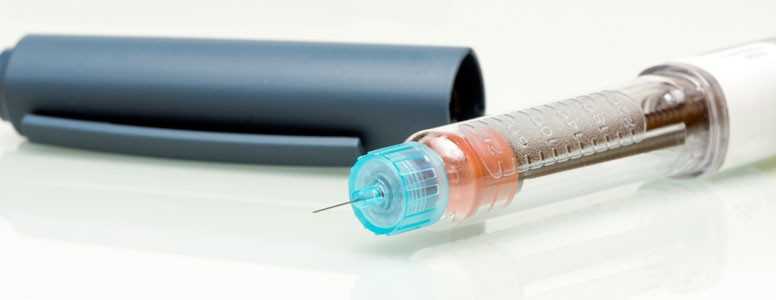An Australian study shows that nurse-led education interventions are successful in improving diabetes control in patients with type 2 diabetes.
The study was run by Dr. Lisa Whitehead from Edith Cowan University, Joondalup, Australia, whose team split 118 adults with type 2 diabetes at random into three groups. One included nurse-led education plus acceptance and commitment therapy (ACT), another group involved nurse-led education without ACT, and the third group (control group) had usual care without nurse-led education.
ACT is a form of therapy involving acceptance and mindfulness strategies which helps people with commitment and sticking to goals.
All participants had HbA1c results outside of the recommended range in Australia, which is 20-53 mmol/mol (4 to 7%), for at least a year. No participants were on insulin. It is likely that all of the participants will have had too high HbA1c, above 53 mmol/mol (7%).
The researchers found that at six months, HbA1c levels reduced in both of the nurse-led education groups, whereas in the control group HbA1c levels increased.
Furthermore, twice as many participants in the education groups experienced improvements in their HbA1c as in the control group. The rates of participants experiencing improved HbA1c levels were:
Nurse-led education with ACT: 51 per cent
Nurse-led education without ACT: 56 per cent
Usual care (control group): 24 per cent
Out of the two education interventions, improvements in HbA1c were slightly better in the non-ACT education group. However, the difference between groups was not large enough to be able to state that the non-ACT educational approach was definitively better.
The study is published online in the Journal of Evaluation in Clinical Practice.




